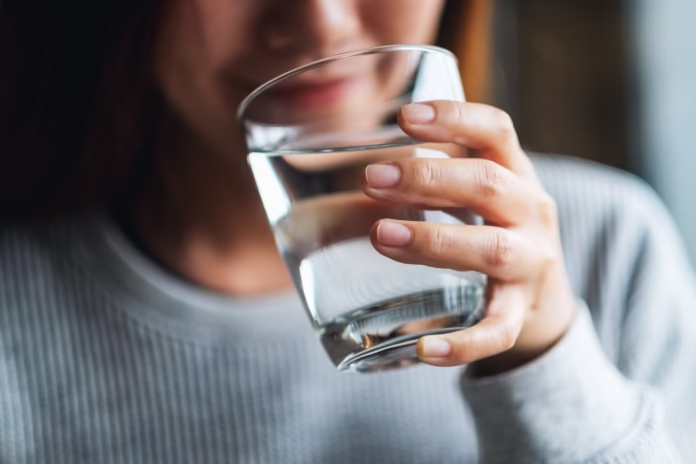Staying hydrated is essential for maintaining overall health, yet many people fail to drink enough water each day. With busy lifestyles and the availability of alternative beverages such as tea, fizzy drinks, and energy drinks, proper hydration often takes a backseat. In the UK, dehydration is becoming a growing concern, especially among the elderly and those in care homes who may not recognize their thirst signals.
Why Is Hydration So Important?
Dehydration can lead to several health complications, including fatigue, constipation, cognitive decline, and even increased hospital admissions. Many individuals unknowingly overlook their daily water intake, contributing to these potential risks.
Dr. Federica Amati, a nutritional scientist, explains:
“There is so much advice out there about staying hydrated, but how much water do we actually need? For most young, healthy people, hydration isn’t a major issue. However, it becomes more significant for individuals who are sick or elderly because their thirst response is often weakened.”
She adds:
“As a general rule, listening to your thirst is the best way to stay hydrated. Additionally, we must remember that we get a lot of the water we need from food, particularly fresh fruits and vegetables, which contribute significantly to hydration levels.”
How Much Water Should You Drink Per Day?
The UK NHS hydration guidelines recommend drinking 6 to 8 cups or glasses of fluids daily. This includes water, lower-fat milk, and sugar-free beverages like tea and coffee. However, individual hydration needs may vary based on several factors:
- Pregnancy or breastfeeding: Increased fluid intake is necessary to support bodily changes.
- Hot weather: Higher temperatures cause more fluid loss through sweating.
- Physical activity: Engaging in exercise or prolonged activity increases the body’s demand for fluids.
- Illness or recovery: Certain health conditions, such as fever or diarrhea, require increased hydration to prevent dehydration.
Best Drinks for Hydration
For optimal hydration, the NHS recommends water and milk as the best choices, especially for children.
- Children aged 1 and older can drink pasteurized whole or semi-skimmed cow’s milk, as well as goat’s or sheep’s milk.
- Avoid sugary fizzy drinks, squash, and juice drinks, as they contribute to weight gain and dental issues.
Common Signs of Dehydration
Recognizing dehydration symptoms can help prevent serious health issues. Watch out for the following signs:
- Thirst
- Dark yellow, strong-smelling urine
- Reduced urination frequency
- Dizziness or lightheadedness
- Fatigue
- Dry mouth, lips, and tongue
- Sunken eyes
Tips for Staying Hydrated
To ensure you’re getting enough water daily, consider these hydration tips:
- Drink water consistently throughout the day instead of waiting until you’re thirsty.
- Add natural flavors like lemon, cucumber, or berries to your water.
- Limit caffeine and alcohol, as they act as diuretics and promote fluid loss.
- Eat water-rich foods such as watermelon, cucumbers, and berries.
- Increase water intake when sick to aid in recovery and prevent dehydration.
Final Thoughts
Hydration plays a crucial role in overall health, yet many people underestimate their daily water needs. By following NHS guidelines, paying attention to thirst signals, and incorporating water-rich foods into your diet, you can maintain optimal hydration and prevent dehydration-related health issues. Prioritizing hydration is a simple yet effective way to support your well-being and energy levels every day.




